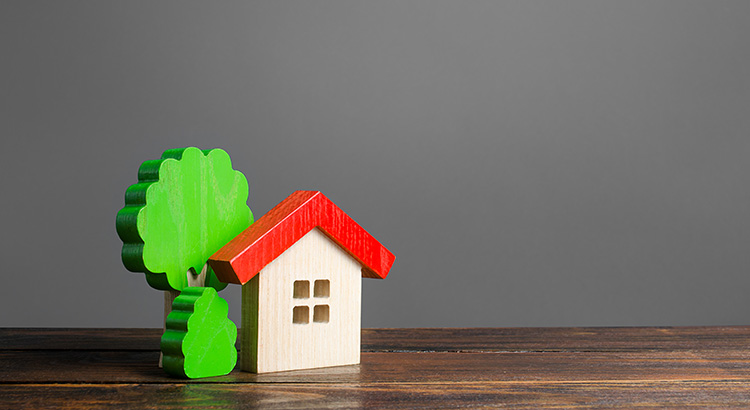
Buyer Traffic Is Still Stronger than the Norm
Are you putting off selling your house because you’re worried no one’s buying because of where mortgage rates are? If so, know this: the latest data shows plenty of buyers are still out there, and they’re purchasing homes today. Here’s the data to prove it.The ShowingTime Showing Index is a measure

Don’t Expect a Flood of Foreclosures
Don’t Expect a Flood of Foreclosures The rising cost of just about everything from groceries to gas right now is leading to speculation that more people won’t be able to afford their mortgage payments. And that’s creating concern that a lot of foreclosures are on the horizon. While it’s true that f

What is a home equity line of credit, or HELOC?
As a homeowner, you have an opportunity to take advantage of the equity in your home through a home equity line of credit, or HELOC. This can be a great option for those who are looking to invest in their home, pay off high-interest debt, or make a large purchase. However, not all HELOCs are created
Categories
Recent Posts










1Vision Real Estate
Thinking of selling your home? Look no further than 1Vision Real Estate, the trusted team led by Diego and Nauz. With their expertise in selling high-value homes and over 20 years of industry experience, they understand the unique selling points of your property. Unlike traditional realtors, Diego and Nauz bring an entrepreneurial mindset and personalized approach, ensuring your financial security and future goals are top priorities.
- $500MSales Volume
355+
Properties Sold
- 100+Five Star Reviews
- $1.4MAverage Listing Price

